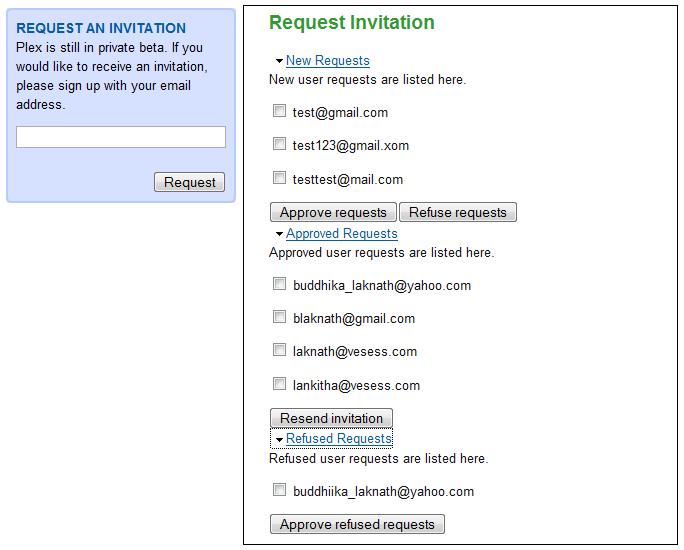I had to migrate and setup the whole workspace at my old desktop machine last week after the breakdown of my HP notebook. So while setting it up I thought this little piece of trick could help someone who is fond of Dreamweaver and looking for an IDE to code Drupal.
As a side note, one could accuse me of promoting unethical software and in fact I don’t refute it (even though it is not my intention). I also know there are many great open source editors for coding PHP like Eclipse-PDT and even Gedit which could be transformed to a very helpful IDE. But on other hand I’m kind of addicted to DW after long years of working with it and if someone who already has DW looking for a way to use it for coding Drupal this could be helpful.
The most frustrating thing when coding Drupal modules or themes with DW is that it doesn’t recognize it as a PHP script and doesn’t give any validation or auto completion features like it usually does for php scripts. To fix this there’s little configuration to be done.
First find the installed directory of DW (if it’s Windows it most probably in ~/Program Files or if it’s Linux+wine it should be in your virtual windows environment) and go to Configuration->DocumentTypes. There should be a xml file called MMDocumentTypes that holds configurations regarding which language should be used for a given file format.
Find the line that says,
‘<documenttype id=”PHP_MySQL” servermodel=”PHP MySQL”….’
and depending on weather you are using windows or mac, append ‘,module,install,theme,inc’ to existing winfileextension or macfileextension values.
So for windows it should look like this.
<documenttype id=”PHP_MySQL” servermodel=”PHP MySQL” internaltype=”Dynamic” winfileextension=”php,php3,php4,php5,module,install,theme,inc” />
Now restart DW and open your module or theme file. Ta da!..it should now work as a normal php script.
Hope this will be helpful to someone looking for a way to convert Dreamweaver to a more Drupal friendly place.
